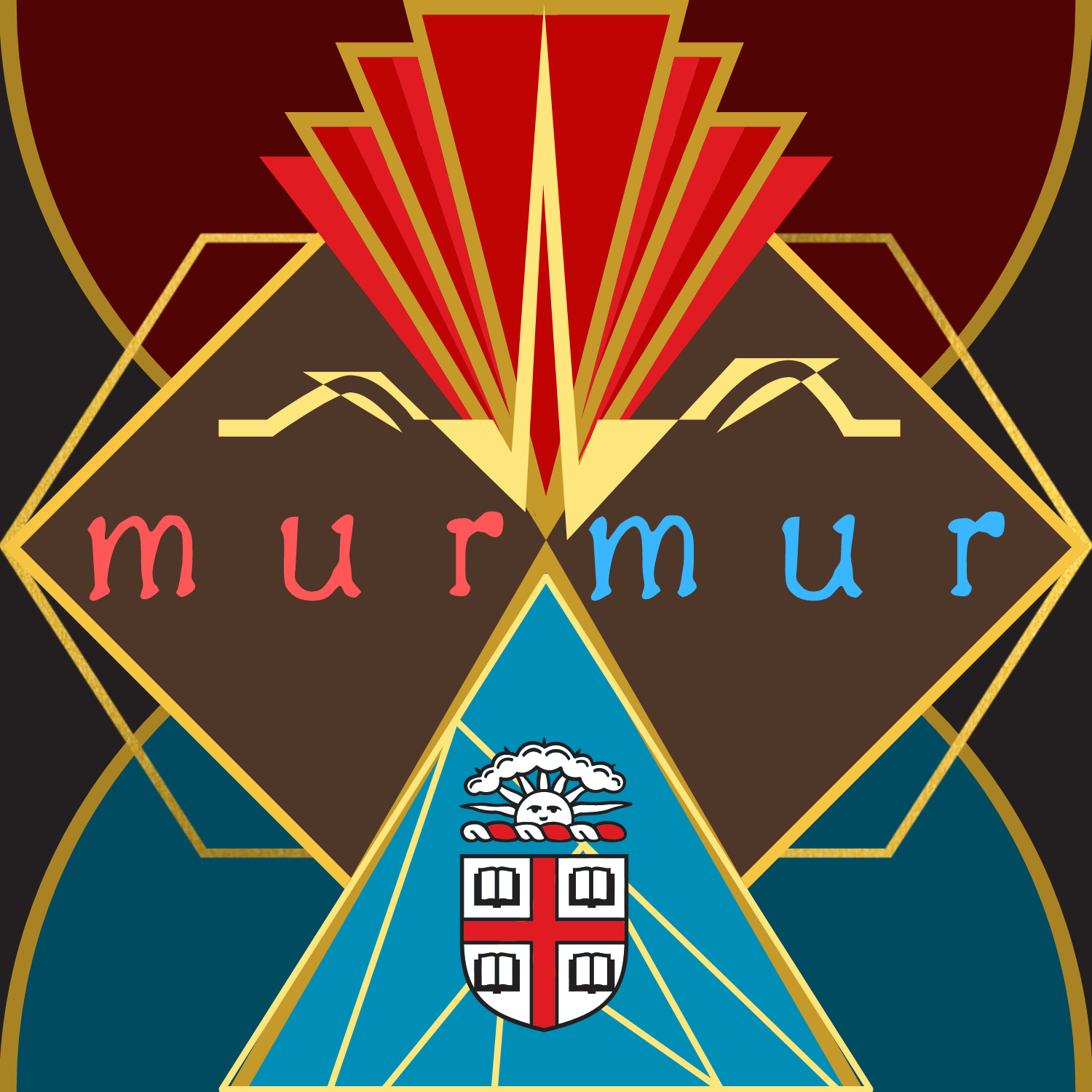The following is the first post of our M1 Column, featuring the singular experiences of first-year medical students at Alpert Medical School. Stay tuned for more!
One of the many reasons I have chosen to become a doctor is the apprenticeship-like nature of medical training. To be taken under the wing of experienced physicians, to have a mentor, and to toil alongside my classmates, hoping to earn respect and to be indoctrinated into a group of specialized professionals is something I have always dreamed of for myself. To be committed to not only achieving excellence, but also to lifelong teaching and learning are at the heart of the cult-like appeal medicine has always held for me.
I knew that when I began medical school I would feel unsure and that I wouldn’t immediately become part of the physician guild that I had dreamed of joining. Unexpected, however, are the many ways in which I am already being treated as a member of a special club and have already received numerous privileges that come from learning from human bodies, both living and deceased.
When we first unsheathed a cadaver in our anatomy orientation, I was of course surprised by features I assume many medical students are struck by: the smell, the discomfort I felt around a lifeless body, and in no small part due to how real and alive the body in front of me still seemed. I felt uncomfortable in my first doctoring class too– trying to find a pulse, to watch my SP’s breath, and to take their blood pressure. It was uncomfortable because it was new, but it was also uncomfortable because of how accepted and sanctioned it all felt, even though I hadn’t done much yet, it seemed, to deserve the privilege.
As much as my role has changed from the outside– going from pre-med to medical student or student-doctor, even– I don’t yet feel as though I have internalized this new role. How others have begun to see me does not always match up with how I see myself.
When I walk into anatomy lab, I am given the tools to dissect a human body. When I walk into the clinical teaching suite, I find standardized patients (SPs) who look at me expectantly while I try to place the blood pressure cuff on their arm, maneuver my stethoscope to search for their systolic and diastolic blood pressure. Wearing the white coat is in no small part metaphorical: whether I see myself as a student-physician or not, the expectations others have for me have changed: In July I was a pre-med, this August I became a student-doctor.
During my senior year of college, I took a seminar course entitled Bodies of Knowledge, in which we discussed how the art of dissection and new anatomical understanding curated during the Renaissance period directly influenced the artistic style of painters like Michelangelo, Da Vinci, and Titian. We looked at early medical textbooks and read first hand descriptions of grave robbers who stole bodies for dissections, operations in operating theaters, and even vivisections performed at medical colleges. The descriptions made the attainment of medical knowledge seem heavy-handed, imperfect, and often violent.
While I discounted many of those descriptors as being a product of Renaissance-era resources and anatomical understandings, I now realize that I am now in my own “dark period” of medical knowledge. I too am embarking on a path to medical enlightenment that will involve fumbling dissections, scouring of existing texts, and the unique opportunity to be entrusted with the most important source of knowledge a fledgling physician has: the human body.
While we have discussed at length the importance of recognizing this distinct privilege– in our anatomy orientation, doctoring orientation, and in our first ultrasound session, what I think is an even remarkable freedom of a medical student is that we are trusted with this learning tool despite the acknowledgement that we will flounder at times.
My first ultrasound standardized patient stated that his favorite part of being an SP was seeing how we go from bumbling, well intentioned, albeit ignorant, kids dressed up in doctors costumes, to thoughtful, curious student-doctors.
As we go from wearing the white coat as a costume to internalizing the idea of ourselves as budding physicians, we are being welcomed into the guild of physicians not as fully formed apprentices, but just as ignorant as those first anatomists – eager to learn and grateful for the tools we have to do so.
I am now looking forward, just as my first SP, to seeing how my fumbles, mistakes, and unsure steps will lead to new discoveries about my chosen profession – and about myself – and I feel confident that I will be “transformed by ‘the happiness that arises out of knowledge’”(1) just as Michelangelo and my physician mentors were before me.
Quote taken from Eric Michael David’s Thoughts from Gross Anatomy, in which the author quotes Irving Stone, regarding how Michelangelo was changed and enlightened by dissecting cadavers.

_______________________________
(1) Quote taken from Eric Michael David’s Thoughts from Gross Anatomy , in which the author quotes Irving Stone, regarding how Michelangelo was changed and enlightened by dissecting cadavers.
Amelia B. Warshaw is an MD’21 and writer and editor. Prior to matriculating to AMS she worked at the Daily Beast as a writer for their Technology + Health section and a general editorial intern. She previously worked at the Pulitzer Center on Crisis Reporting in Washington, D.C. and as a Research Assistant at The Children’s Hospital of Philadelphia with the Adolescent Medicine team and the Eating Disorder Assessment and Treatment team.

